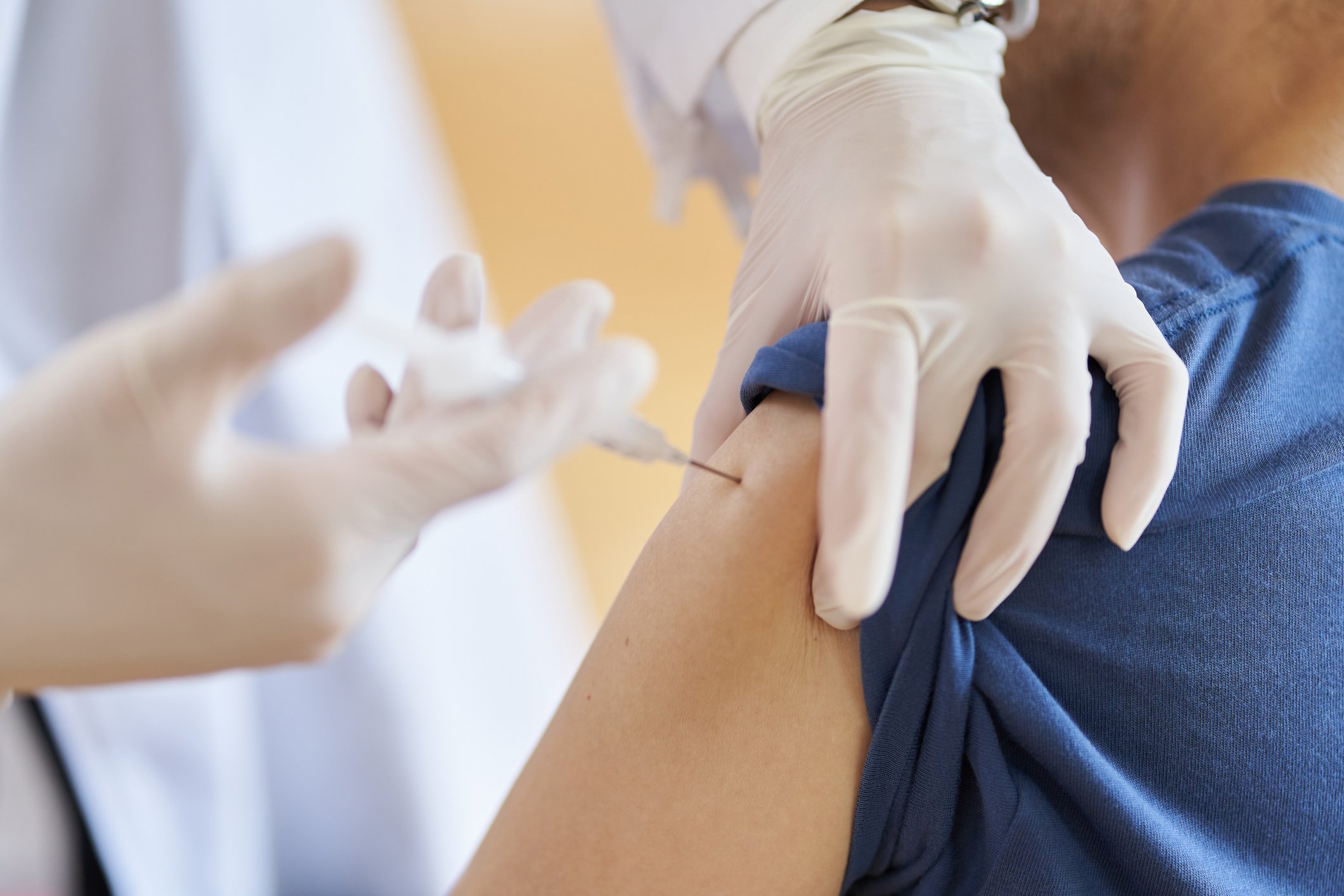The world is desperate for a COVID-19 vaccine. The U.S. government is giving away billions of dollars in grant money in the hopes that somebody, anybody, will find a vaccine that works and will defeat this awful disease. And so far, anyway, investors in this sector have done well.
In the first half of 2020, all you needed for incredible returns was to own a small-cap vaccine biotech; the market rewarded practically any that had a vaccine platform. If you're a small biotech, how do you make your stock price double? Announce that you're pursuing a COVID-19 vaccine. And what happens when you find your candidate? Your stock price doubles again. And what happens when you enter phase 1 trials? Your stock price doubles again.
You might think I'm exaggerating, but if anything, I'm understating what's happened. Novavax (NVAX +6.74%) is up 3,429% this year. Mathematicians can tell me how many doubles that is, but I'm pretty sure it's more than three.
It's been a wild and crazy ride. And it's still going on. Novavax went up another 16% on Friday.

Image source: Getty Images.
What will crash a coronavirus vaccine biotech stock?
Biotech companies are heavily regulated by the government. Each and every drug in the U.S. has to be approved by the Food and Drug Administration (FDA) before it can be sold to the public. Historically, this regulatory process could take seven years or more. Because we're in the middle of a worldwide pandemic emergency, this timeline is being drastically shortened for COVID-19.
For instance, Moderna (MRNA 1.34%) has developed its vaccine candidate, tested it in animals, tested it in people, and is now preparing for a phase 3 trial, the final stage before you file a new drug application with the FDA. The company accomplished all of this in just six months.
So that's one of the reasons Moderna's stock is up 385% in the first half of the year: The regulatory process has been greatly compressed for coronavirus vaccines. The shocking jumps in stock prices match how quickly these candidates are marching through clinical trials. Normally, it would have taken Moderna half a decade to approach a phase 3 trial.
This regulatory speed is due to the emergency nature of a global pandemic that has killed an estimated 600,000 people worldwide. But of course the FDA has zero interest in approving a vaccine that doesn't work, or is subpar. So we shouldn't understand the fast pace of the early regulatory trials to mean that the FDA has lowered its standards.
In fact, none of these vaccines have been approved yet. The market opportunity remains wide open -- and it's huge; I believe many analysts are underestimating its size. But the only COVID-19 biotechs that will be turn out to be amazing investments are the ones that get their vaccines approved by the FDA.
I predict the agency will shoot down multiple candidates --perhaps most of them. Why? Because the regulatory process could appear compromised due to the speed. And many Americans are already suspicious of vaccines, despite the wonderful health we enjoy thanks to vaccinations. So I don't believe the FDA will be lenient or easygoing about this emergency review process.
Many of the companies involved have had their clinical trials paid for by grant money. For instance, Novavax has received almost $2 billion in grants to pay for its vaccine development. With the kind of money the federal government is throwing at this problem, it is clear that the government wants the best possible vaccine. And it wants the company that has the best possible vaccine to have sufficient funding to deliver 1 billion vials of it by 2021.
Indeed, it's notable that all these companies with COVID-19 vaccine candidates are talking about having 1 billion doses ready by next year. Moderna is getting ready to make how many vials of vaccine? One billion doses. What about Novavax -- how many vials will it manufacture? One billion doses. Even tiny Vaxart (VXRT +17.65%) is talking about a billion doses (or more). Maybe this is normal copycat behavior among pharmaceutical companies. Or perhaps the people paying for all this research have signaled to the biotech industry that each company needs vast manufacturing capacity.
Why would these companies all need to produce a billion doses if many different vaccines are going to be approved by the FDA? I would suggest the opposite. The early trials have been sped up at an incredible rate. But the FDA will be tough on review -- maybe harder than normal. Because for a vaccine to really work, large numbers of people have to take it. And people have to have confidence in it.
So I would expect maybe one or two vaccines to pass FDA review. I also expect some high-profile disappointment, and gnashing of teeth.








